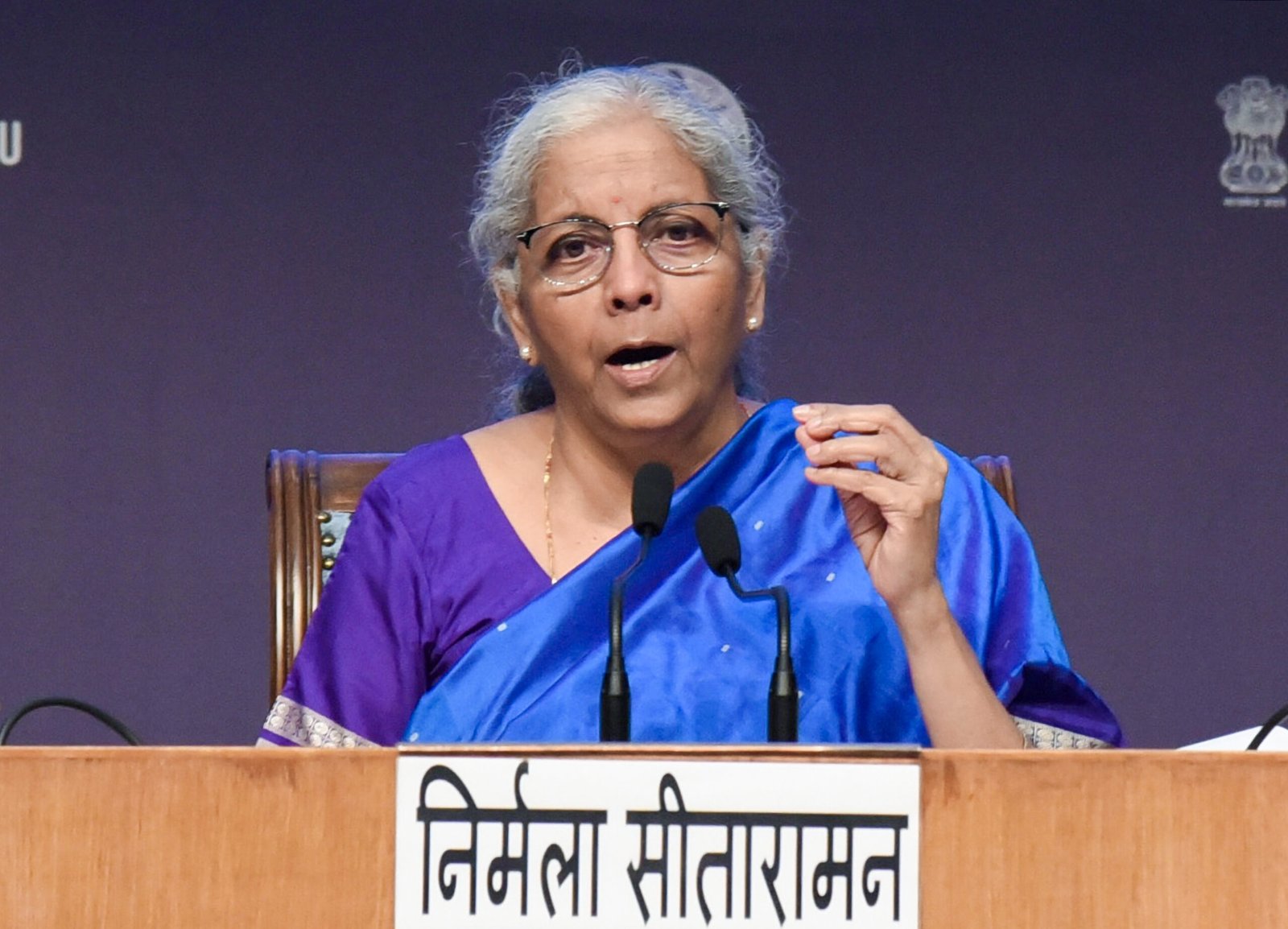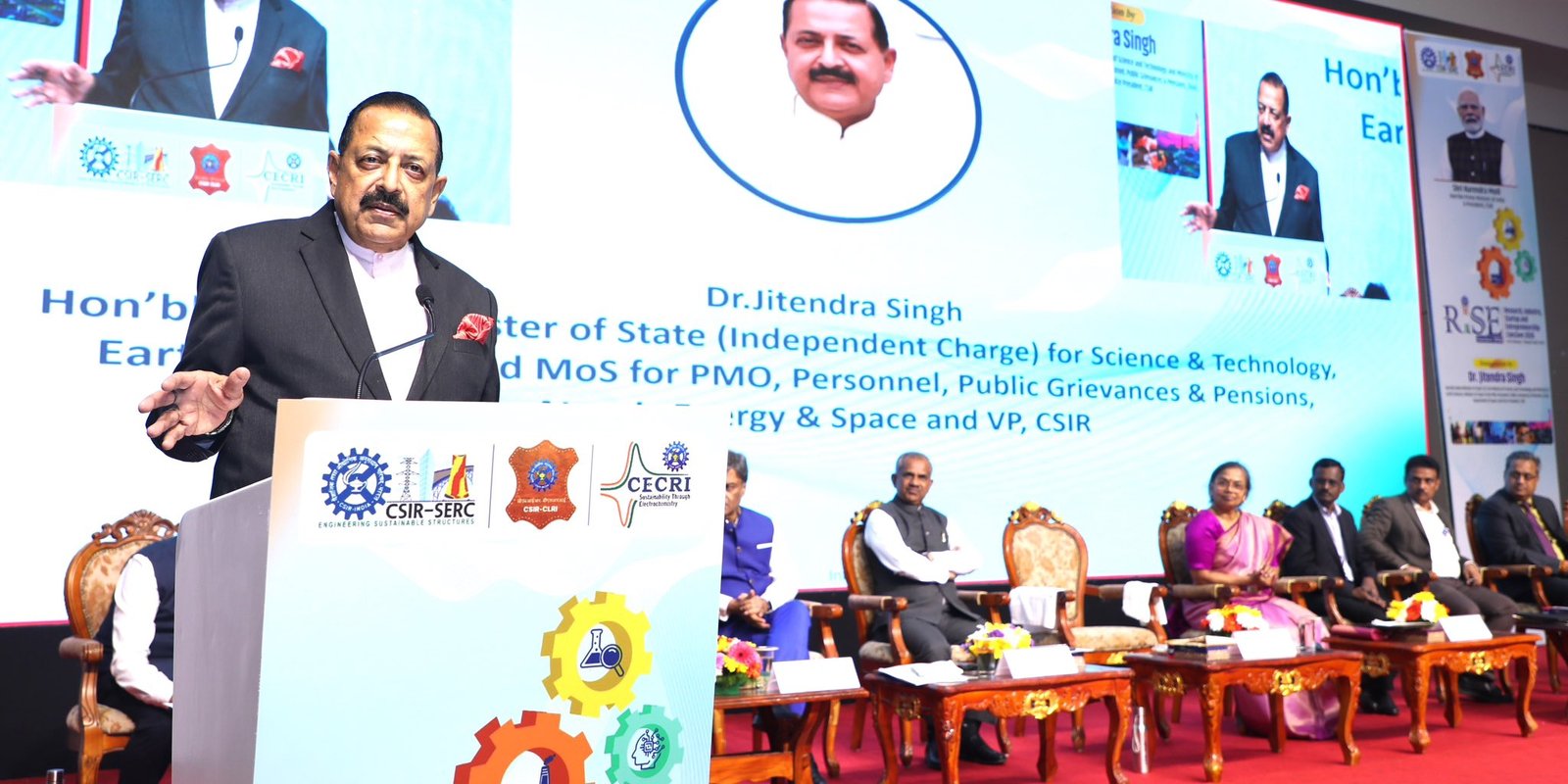
India’s recent GST reforms aim to make goods and services cheaper for consumers, but experts say the overall impact on government finances will be manageable. According to a new report by global brokerage Bernstein, the fiscal burden on the central government is expected to be just Rs 18,000 crore, which is only about 0.05% of India’s projected GDP for FY26.
On September 3, the government announced major changes to the GST system. These include reducing the number of tax slabs and lowering rates on many products. From September 22, everyday items like fast-moving consumer goods (FMCG), cars, home appliances, and insurance will become cheaper for consumers.
The government hopes these steps will boost demand, increase tax compliance, and help grow the economy driven by consumption. While these reforms will cause some short-term revenue loss, the overall effect on India’s economy is expected to be limited.
Bernstein’s report estimates that the government might lose around Rs 79,600 crore by lowering the GST rate from 12% to 5%, and Rs 1.12 lakh crore from removing the 28% slab. However, some gains are expected from other changes, like shifting certain items to higher or lower slabs, totalling around Rs 15,700 crore.
When all these changes are combined, the total revenue loss for both the Centre and states could be about Rs 1.57 lakh crore. The Centre’s share of this loss is approximately Rs 74,000 crore. To balance the budget, the government might cut capital spending by Rs 56,000 crore, which reduces the actual fiscal burden for the Centre to around Rs 18,000 crore.
Separate estimates from HSBC suggest that the total revenue loss from these tax cuts could reach Rs 9.3 lakh crore ($10.8 billion) based on FY24 consumption levels. However, some of this loss can be offset by redirecting revenue from other taxes, leaving a net shortfall of about Rs 4.8 lakh crore ($5.6 billion), or 0.16% of GDP.
Looking ahead to FY26, HSBC predicts a revenue shortfall of Rs 5.7 lakh crore, still only about 0.16% of GDP annually. Since only half the fiscal year remains, the total fiscal impact for FY26 is estimated to be around 0.1% of GDP.
Both reports agree that, although GST reforms will cause some short-term revenue dips, the long-term benefits — like higher consumption, better compliance, and economic growth — will outweigh the initial costs. This move is seen as a positive step toward a more streamlined tax system that supports India’s economic development.














